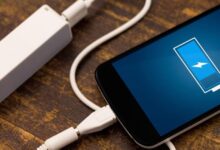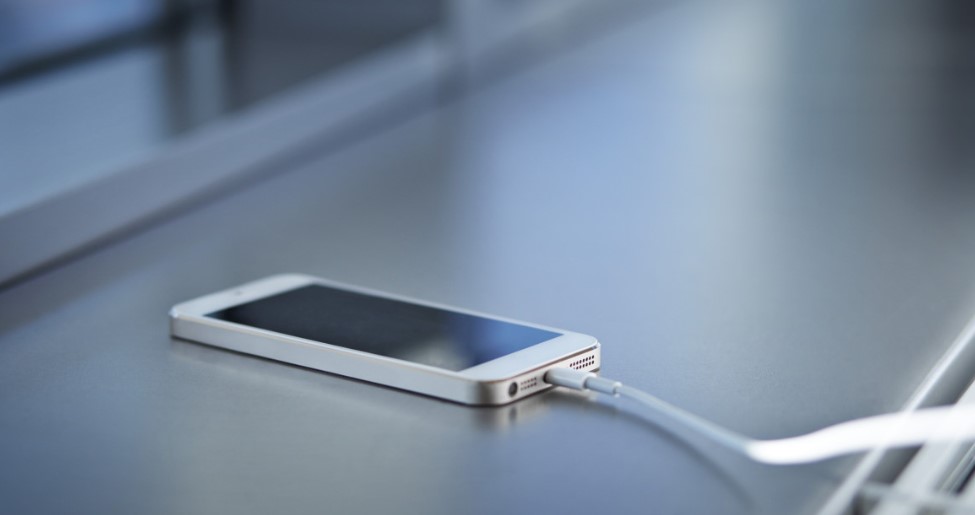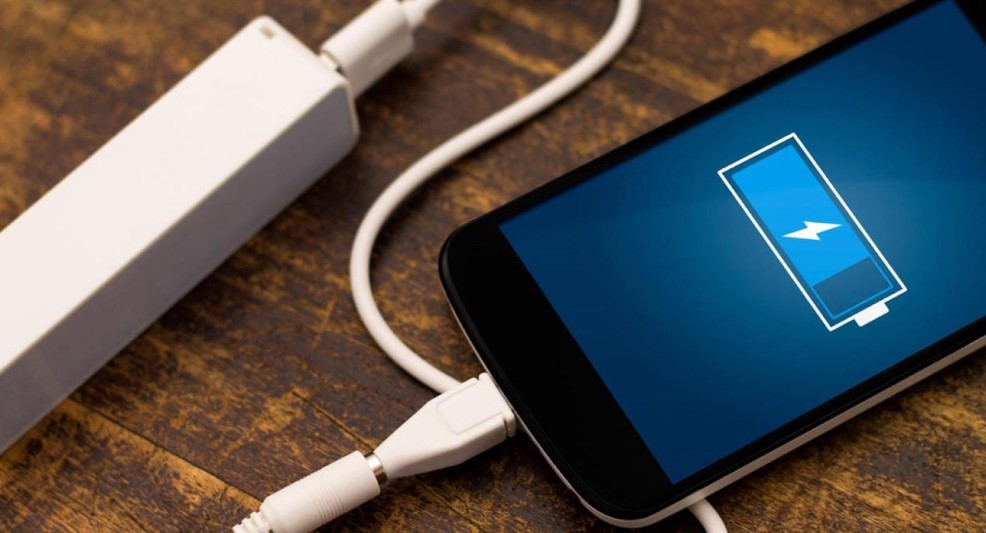
Does Charging Your Phone Overnight Ruin the Battery?
admin
- 0
You might be asking, does charging your phone overnight ruin the battery? The answer to that question depends on the type of charger you are using. In general, a USB charger is safest.
However, you should be aware of a few things before you plug your phone into it to charge it overnight. First, make sure the device has sufficient room to breathe. Overheating is a major concern, so use the charger that came with the device or one specifically made for it. Second, avoid charging your phone fast at night. Charging at night will result in less time spent in the 99- 100% charging cycle.

Charge cycles
Table of Contents
ToggleCharging your phone overnight can shorten its lifespan. It puts it under greater voltage stress and produces heat. This is a good thing, since modern electronics are designed to not overheat. But leaving your phone plugged in for hours on end is still not the best idea, as this will shorten its battery life. Instead, leave it charging in a cool, well-ventilated place overnight. Even then, try to avoid using it overnight.
Avoiding overcharging
One of the best ways to avoid overcharging your phone is to never leave it unattended overnight. It may not be a big deal for you, but it can damage your phone if you leave it in a hot car. Whether you charge your phone by placing it in the car’s trunk or leaving it in your bag, make sure that you remove any removable cases. While charging your phone, it will recharge up to 80% of its battery capacity. Once it reaches 100%, it will automatically shut off and return to the charging stage.
Avoiding smothering
Overnight charging will significantly increase the amount of time that your phone stays connected to the charger. The longer your device stays connected, the more the battery will degrade. To prevent this, unplug your phone before bed. You can still charge your phone when you wake up in the morning, while you’re at work, or watching TV. The time it takes to fully charge your phone at night will be much longer than when you leave it plugged in overnight.
High temperatures
It’s not surprising that high temperatures can ruin a phone battery. Your phone will start acting strangely if the temperature reaches 35oC or higher. The processor gets hot, too, as it attempts to process video. This can cause the phone to reach double the normal temperature, and it will also lead to a bloated battery. High temperatures can also void the warranty on your phone. You can avoid this problem by simply switching off the device when not in use.
Optimising charging time
The new iOS 13 update to iPhones and iPads now includes an option called “Optimising Battery Charging,” which will charge your phone only to 100% when it needs to. This feature is also available on the OnePlus 7 Pro, and is expected to be added to more models in the near future. To turn it on, visit the Battery settings menu, and enable “Optimising Battery Charging.”

Optimising state-of-charge
You might not know it, but you can optimize state-of-charge when charging your phone at night. Optimized charging allows you to charge your phone overnight without damaging it. The smart battery monitor in OnePlus’s OxygenOS 10.0 can learn your daily routine and only charge your phone to 80 percent before you wake up in the morning. You can toggle the optimization setting to turn it off or enable it.
As you can see from the research, there’s no clearly defined answer to the question of whether or not you should charge your phone overnight. And more importantly, if we’re going to stay on the safe side, all batteries should be treated with caution—whether they are in a smartphone, tablet or laptop. While Laptop Magazine claims that modern laptops don’t require charging, our own experience suggests that there is always a risk of overcharging (and killing) any lithium-ion battery. Cyber Tech Zone recommends leaving laptops plugged in only when they are being used, as well as shutting down the computer when it is not in use instead of just putting it into sleep mode. The best solution may be to unplug gadgets after they are fully charged instead of waiting for them to reach 100 percent power.


